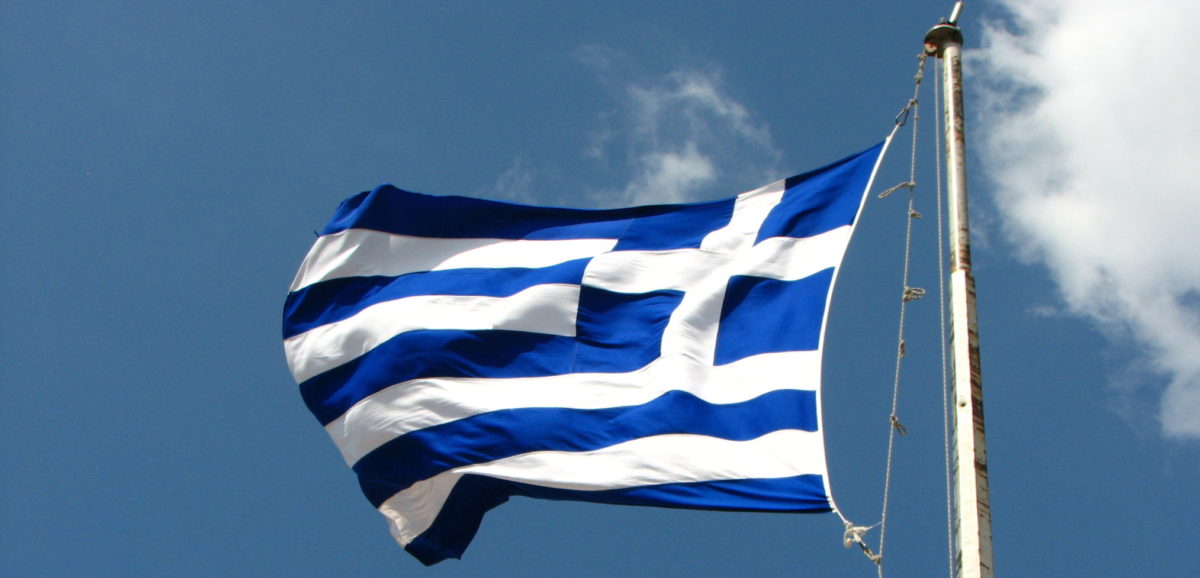The Greek Government has unveiled plans this week that aim to boost the country’s currently underdeveloped energy storage sector.
Alexandra Sdoukou, secretary general for energy and mineral resources at Greece’s Ministry of the Environment and Energy (Ypen), told pv magazine that a dedicated team has been set up to work on an energy storage framework this summer.
Academics from the National Technical University of Athens are driving the framework, which is expected to include policies for both large pumped hydroelectric energy storage systems and smaller battery storage systems, including behind-the-meter batteries.
“Following the recommendations of our energy storage team this summer, Ypen will prepare the country’s energy storage regulatory framework, aiming to make it a law within the third quarter of the year,” Sdoukou said.
She added that the ministry is also working on creating a subsidy scheme to support energy storage projects in Greece. It is within this scope that Greece aims to tender 700 MW of battery storage in 2021. She did not disclose the MWh figure.
700 MW battery storage tender
Sdoukou said the ministry has not yet decided whether there will just be one main tender comprising 700 MW of battery capacity, or whether this figure will be auctioned off via a number of smaller size tenders.
The goal is to provide capital expenditure (capex) assistance for battery projects. Meanwhile, subsidies awarded via the tender mechanism will represent a top up for any income investors make on the electricity market.
Sdoukou declined to confirm whether the new subsidies will be a one off €/kWh payment or whether they will be linked to the batteries that have been able to inject electricity into the grid when it is stressed.
“We have addressed all these concerns,” she said, adding, “However, we prefer to provide these details later, when we have made our final policy decisions.”
Financing the tenders
In comparison, Greece’s secretary general has been very clear on the financing of the new scheme. The country’s Covid-19 recovery and resilience facility (RRF) comprises €54.5 billion, of which at least €10.4 billion will be invested in upgrading energy infrastructure, and the promotion of green energies and smart technologies.
To date, Greece is the only EU member state to sign an agreement with the European Investment Bank to co-manage up to €5 billion of Greece’s RRF.
“The energy ministry has allocated €450 million from Greece’s RRF to support specific storage projects, and this is going to be announced shortly,” Sdoukou said. “We plan to support the battery storage tenders with about €200 million specifically and we have assigned this subsidy plan to a Brussels-based legal service in order to make sure this support is in line with the EU’s state-aid rules and regulations.”
An energy storage webinar organized last year by Greece’s energy regulator suggested the country would need about 1,500 to 1,750 MW of new energy storage capacity to meet 60% of its 2030 electricity needs via renewable energy, which is in line with Greece’s national energy plan for 2030.
Energy storage projects alongside an electricity network expansion both within Greece and neighboring countries is deemed necessary for Greece to reach its 2030 electricity goals and phase coal out completely by 2025.
Greece’s government initially said in 2019 it would phase lignite out by 2028 at the latest, however this timeline has been scaled back to 2023 with the exception of one coal plant that will be converted to run on an alternative fuel source by 2025.
This content is protected by copyright and may not be reused. If you want to cooperate with us and would like to reuse some of our content, please contact: editors@pv-magazine.com.



2 comments
By submitting this form you agree to pv magazine using your data for the purposes of publishing your comment.
Your personal data will only be disclosed or otherwise transmitted to third parties for the purposes of spam filtering or if this is necessary for technical maintenance of the website. Any other transfer to third parties will not take place unless this is justified on the basis of applicable data protection regulations or if pv magazine is legally obliged to do so.
You may revoke this consent at any time with effect for the future, in which case your personal data will be deleted immediately. Otherwise, your data will be deleted if pv magazine has processed your request or the purpose of data storage is fulfilled.
Further information on data privacy can be found in our Data Protection Policy.